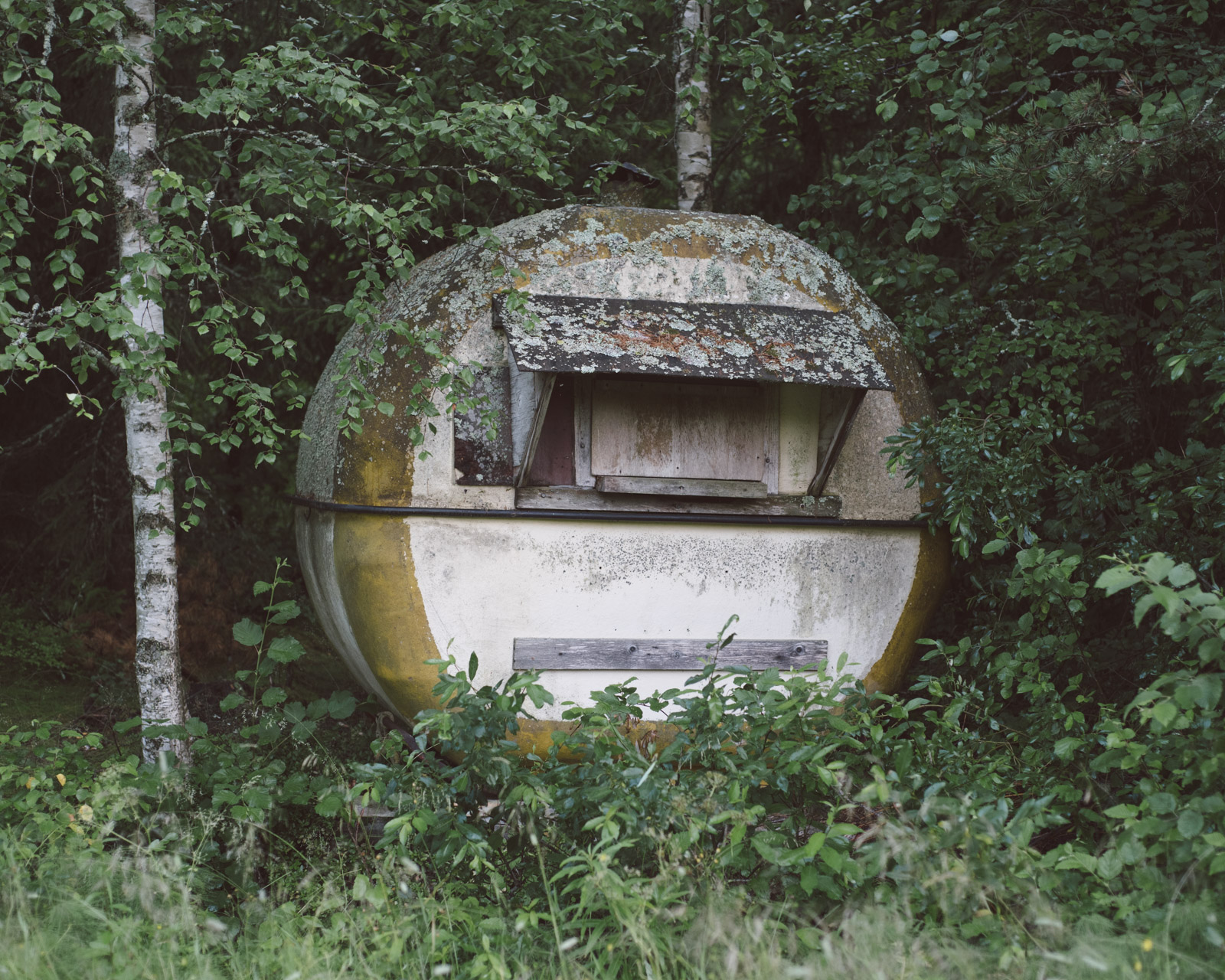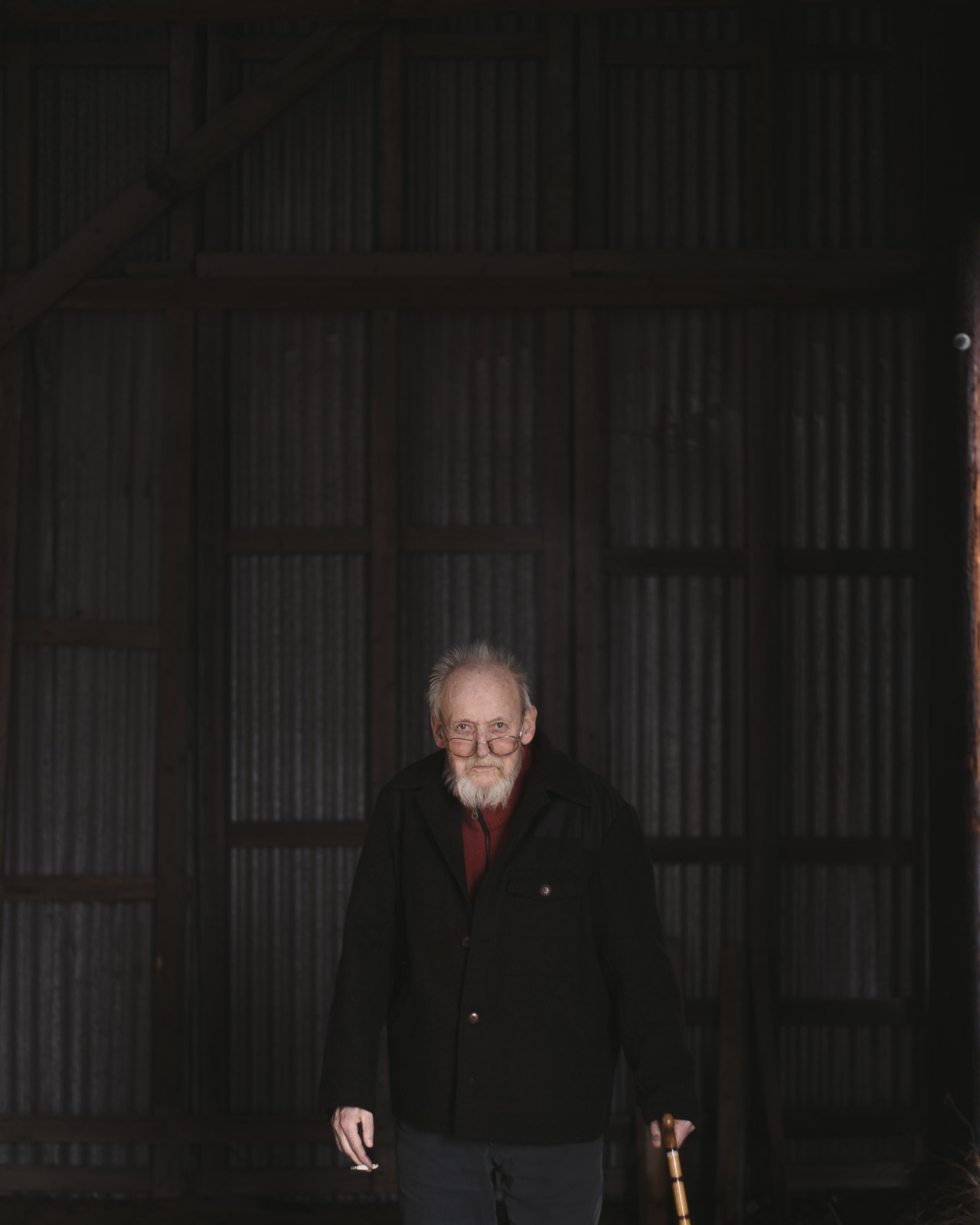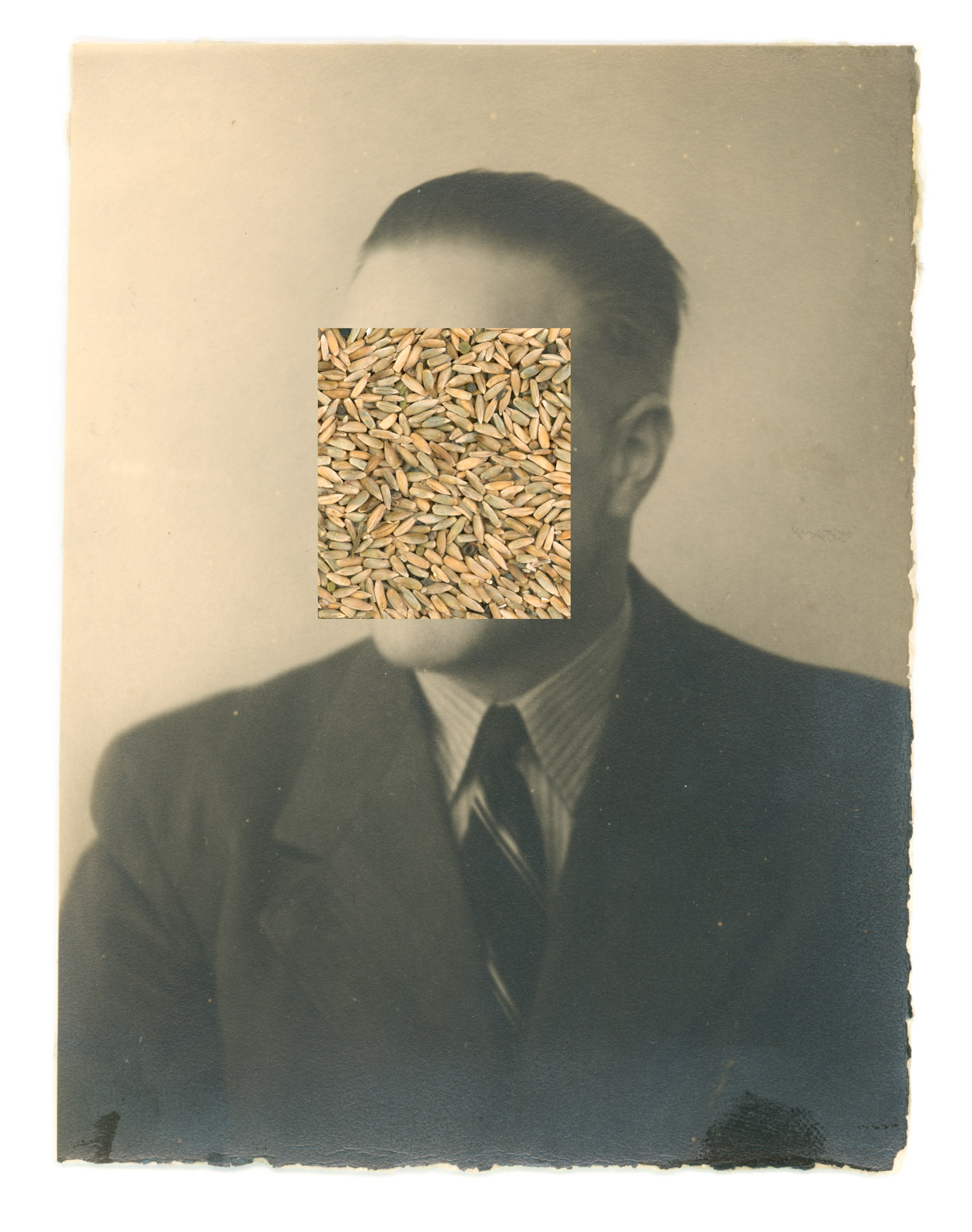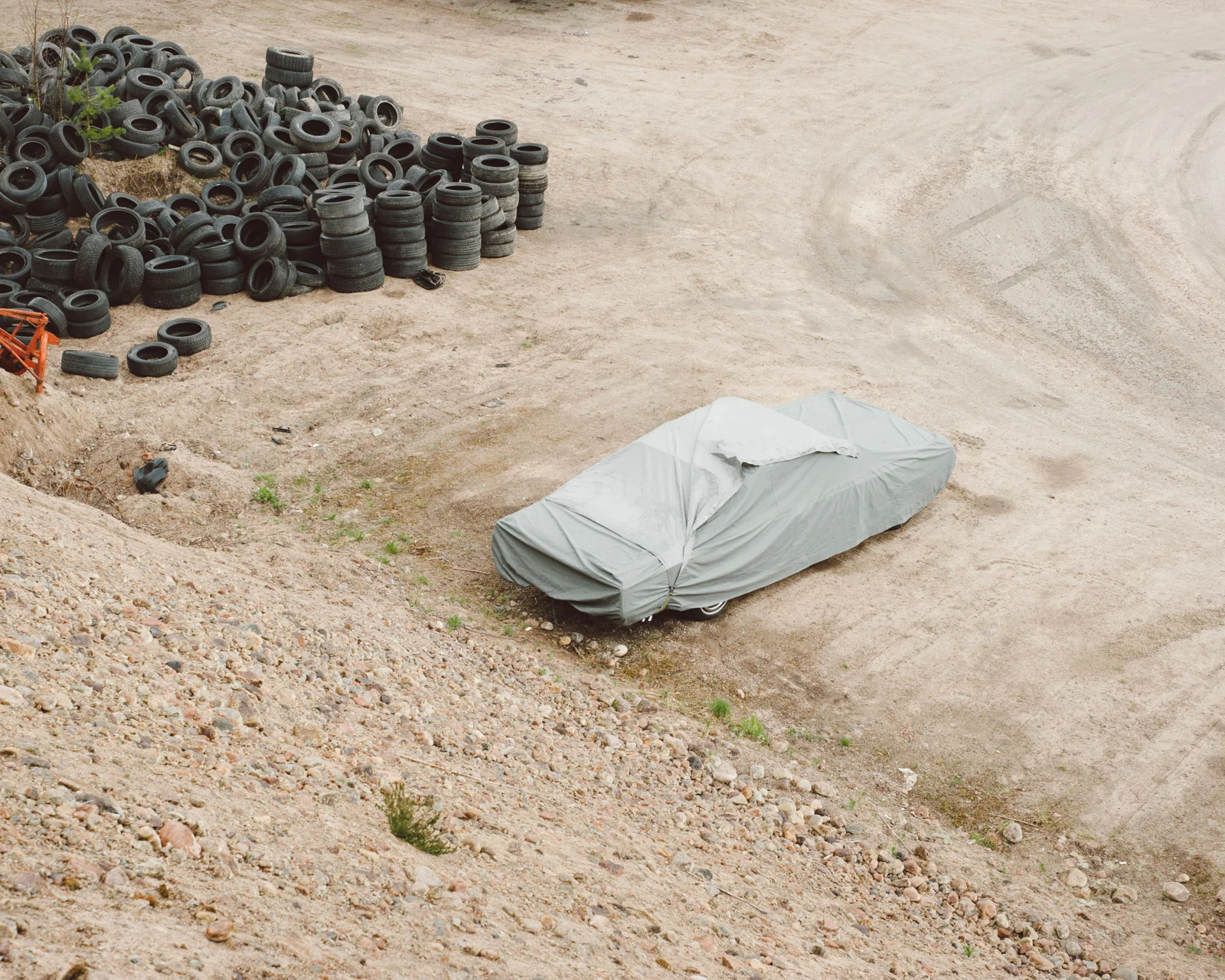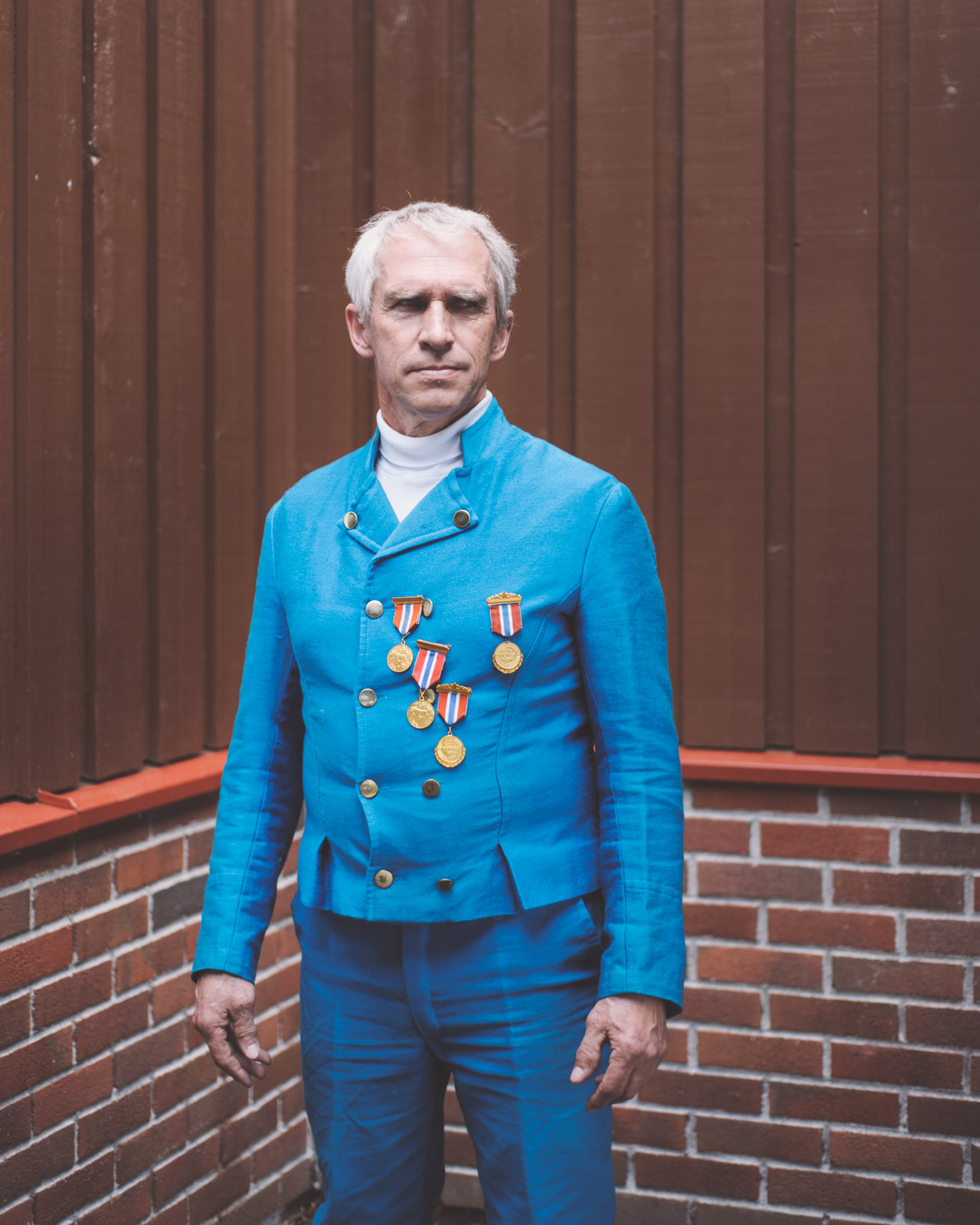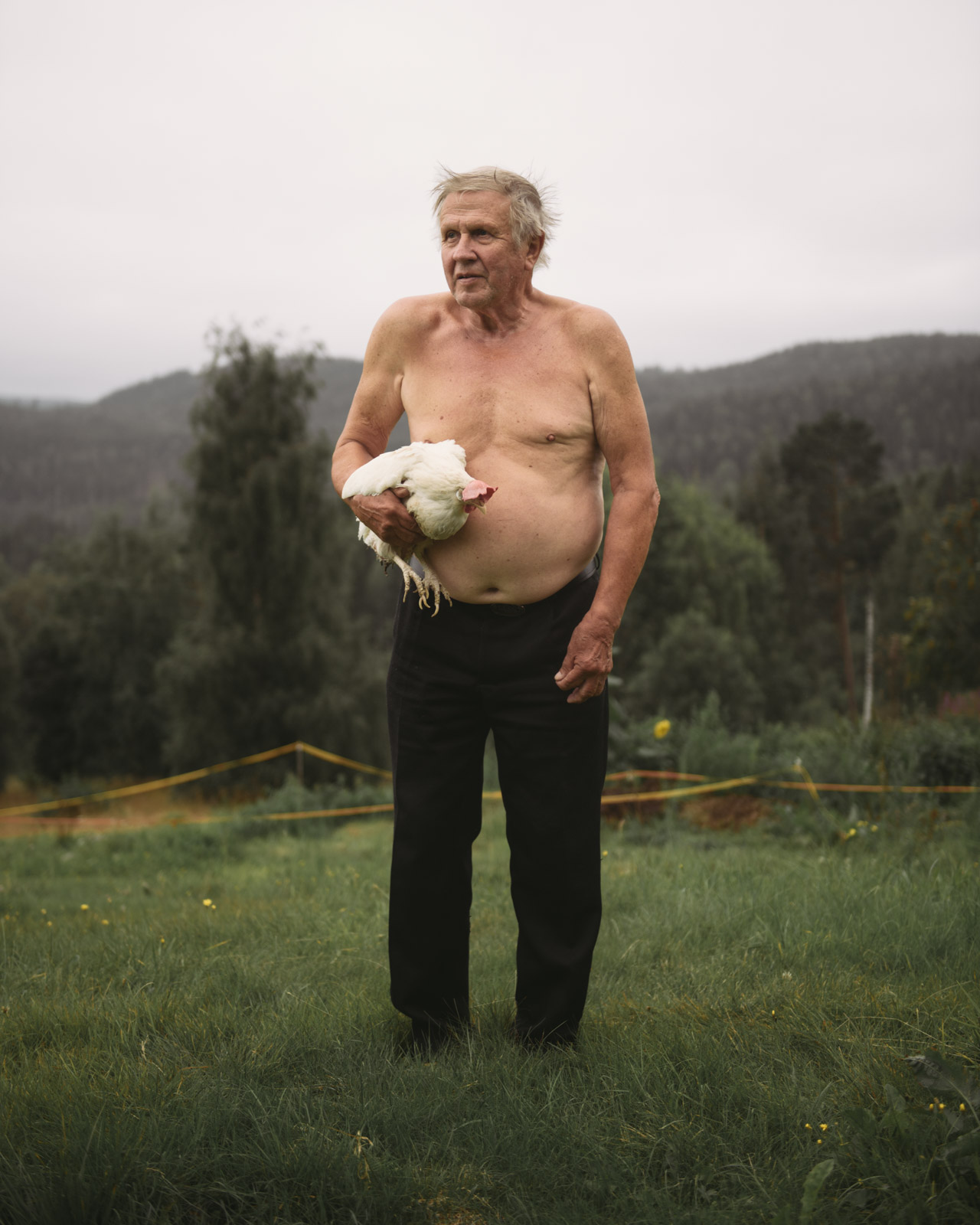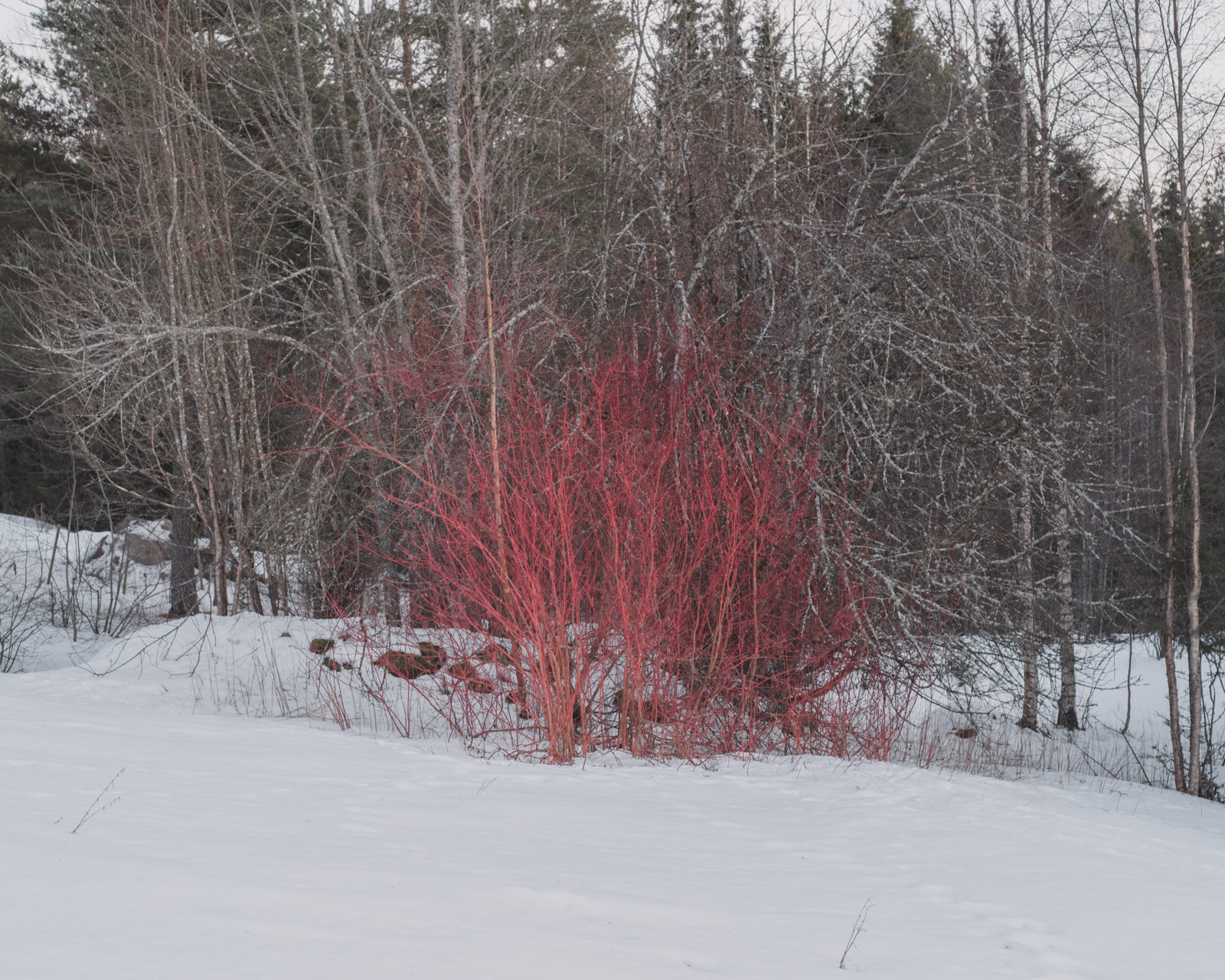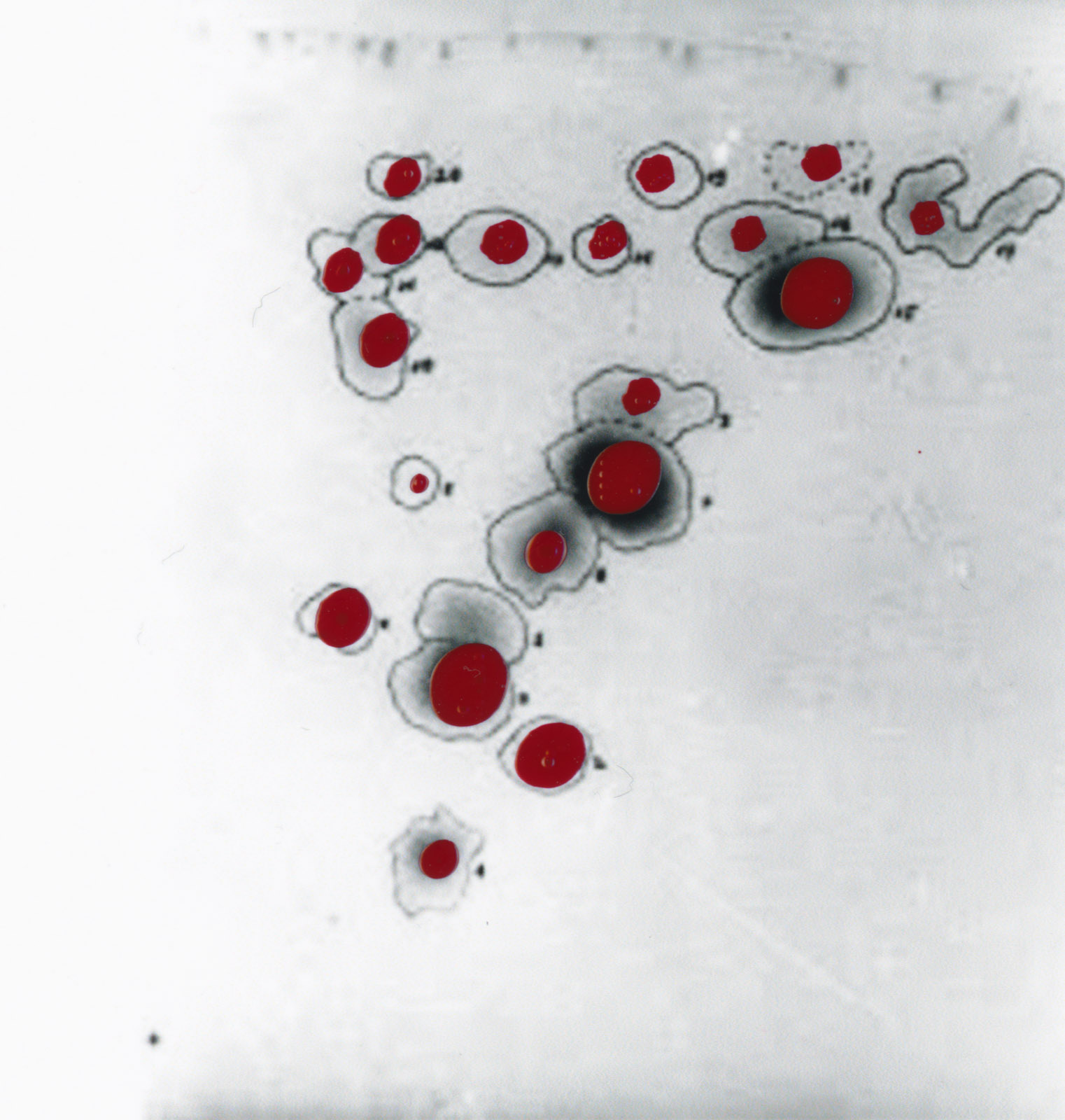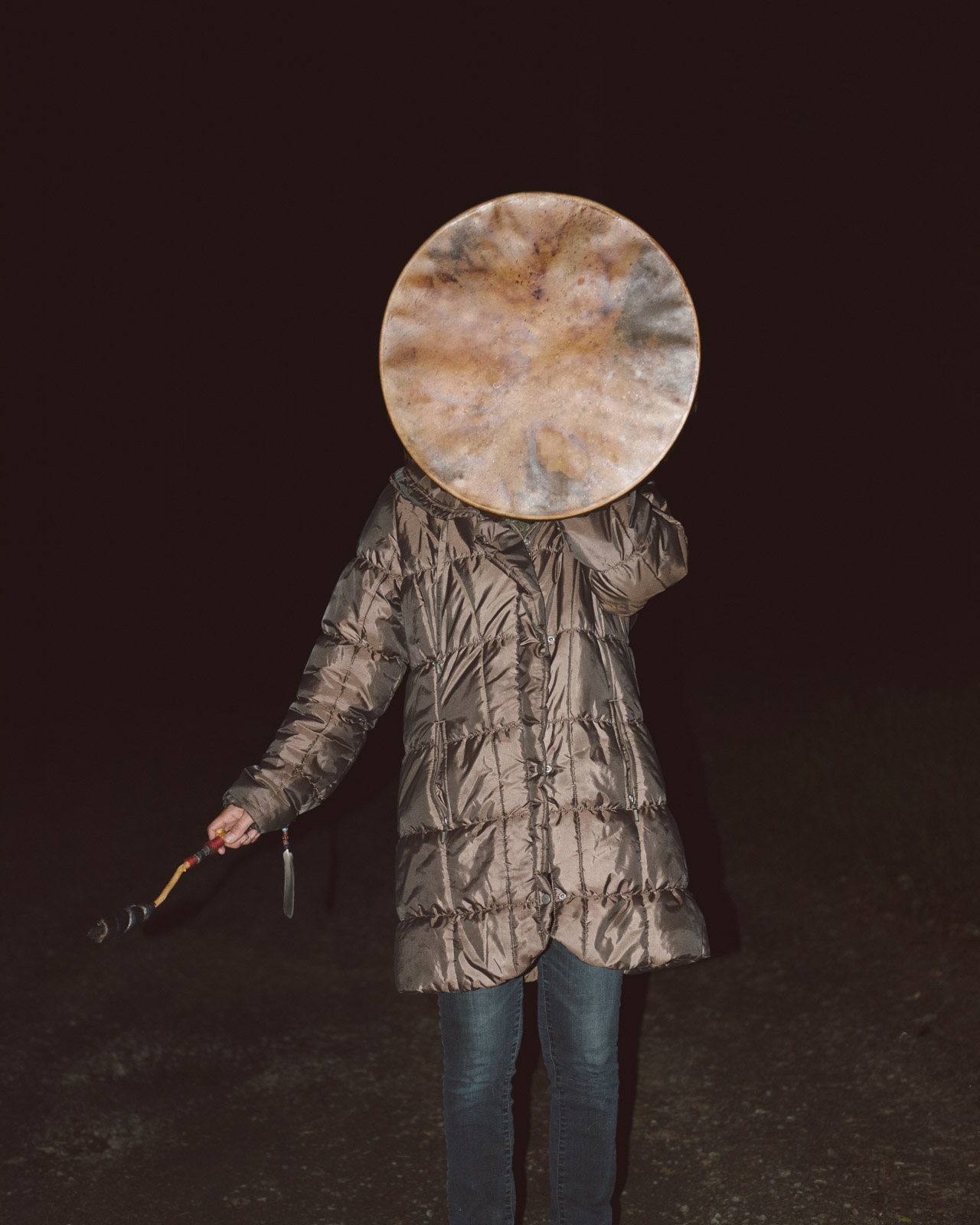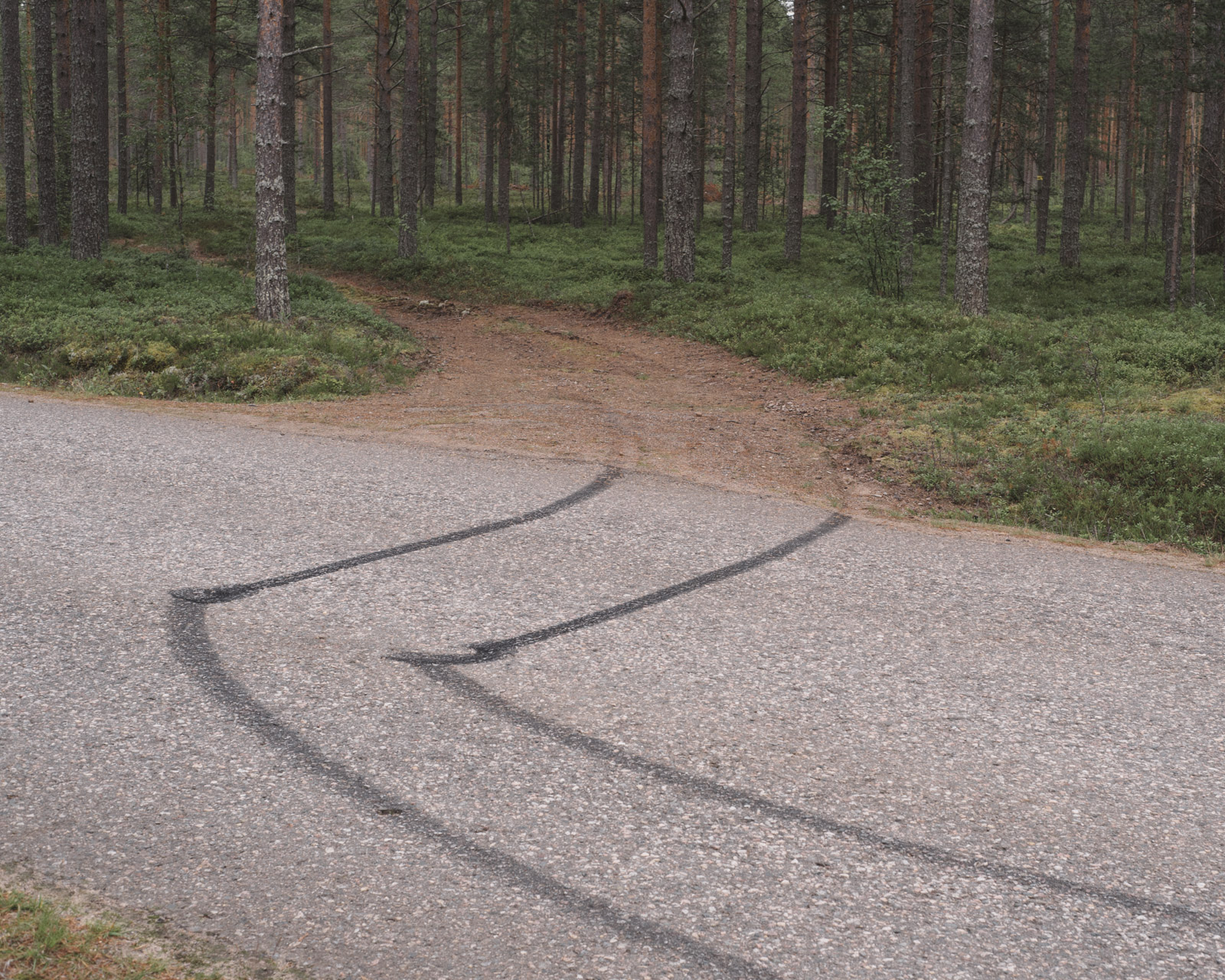“As a photographer, my main passion lies in the act of creating the work. But in the end, we don´t make it to have it sitting in our archives collecting dust. We want it out there, the story to be told, the work to be shown. And I am, like I suspect many of my peers are, pretty bad at doing what needs to be done after the work is finished. My stay here has been a huge help in navigating the world of magazines, festivals, curators, galleries and publishers. I have made great contacts and received more feedback and help than I could have hoped for.”
DOCKER #11
TERJE ABUSDAL
The Forest Finns were a group of shamanistic farmers who migrated from Finland to the forest areas along the Norwegian-Swedish border in the early 1600s. Their slash-and-burn agricultural method yielded plentiful crops but required large forested areas as the soil was quickly exhausted. A scarcity of natural resources in their native Finland, fuelled by failing crops and war, forced the first wave of migration over the border. The large, contiguous forest belt is now called Finnskogen, ‘Forest of the Finns’.
The Forest Finn culture of four centuries ago no longer exists. Yet more and more people feel a connection to it. Today, the Forest Finns are recognised as one of the national minorities in Norway. There are no statistics on their numbers. In fact, the only official criterion for belonging to this minority is that, regardless of your ethnic origin, you simply feel that you are a Forest Finn.
This project explores what it means to be a Forest Finn today, some 400 years and 12 generations after the language and traditional way of life have gone - and in doing so it poses questions about how one’s sense of self, one’s past, and one’s place in the world is as much a matter of feeling as it is of fact.
Who? Terje Abusdal
From Norway
Docking May 7 - 30, 2017
Working on Slash & Burn
About The Forest Finns
www.terjeabusdal.com
ambassador
AARON SCHUMAN
Artist, writer, curator, editor and lecturer
AARON ON TERJE
“I first encountered Terje Abusdal’s remarkable photographic investigation of the ‘Forest Finns’ whilst teaching a year-long ISSP Masterclass in Latvia, in 2015-16. As Abusdal explains it, the Forest Finns were a group of shamanistic slash-and-burn farmers that emigrated from the wilderness of Finland to those of Norway and Sweden more than four-hundred years ago. Today, they are officially and legally recognized as an ethnic minority by the Norwegian government, yet are unique in that ‘they are entirely assimilated, there are no statistics on their numbers, and the only official criteria of belonging to the Forest Finns is that you feel you are one of them, regardless of your ethnic origin.’ In this sense, despite one’s familial, cultural, religious, geographic or genetic background, anyone – and everyone – could claim membership to this minority, as long as one senses a connection to it.
In an age when migration and immigration is increasingly met with calls for resistance based on staunch nationalism and national identity, and when growing cultural diversity is met with calls for rapid assimilation, it is fascinating to consider how fluid (and often fictional) notions of identity, heritage and a sense of belonging can truly be. In exploring how this particular culture and ethnicity that all but disappeared several centuries ago is now being (re)defined, resurrected, embraced and legitimized, Abusdal’s project touches upon the how one’s sense of self, one’s past, and one’s place in the world is as much a matter of feeling as it is of fact. With the remarkable insight provided by experts from various fields, I am sure that Docking Station is the perfect platform for Terje’s project to continue to evolve into a complex, poignant and powerful body of work that will ultimately reach a wide audience.”


